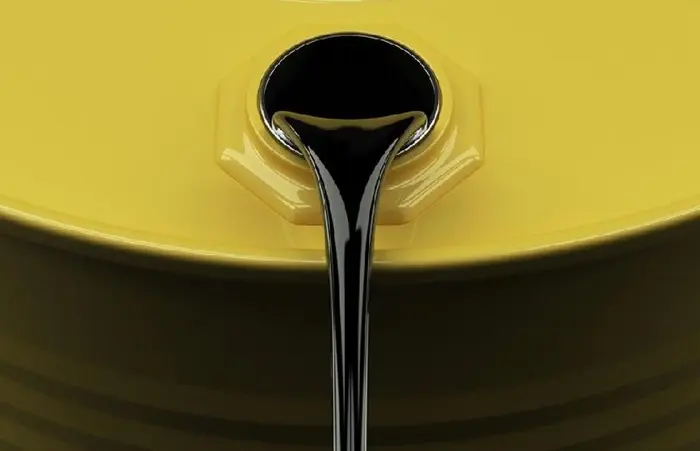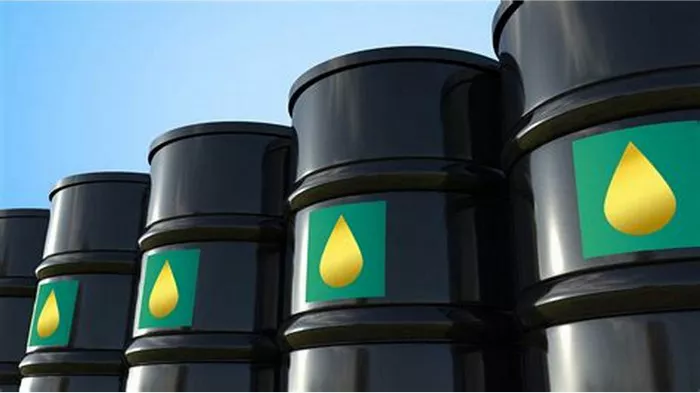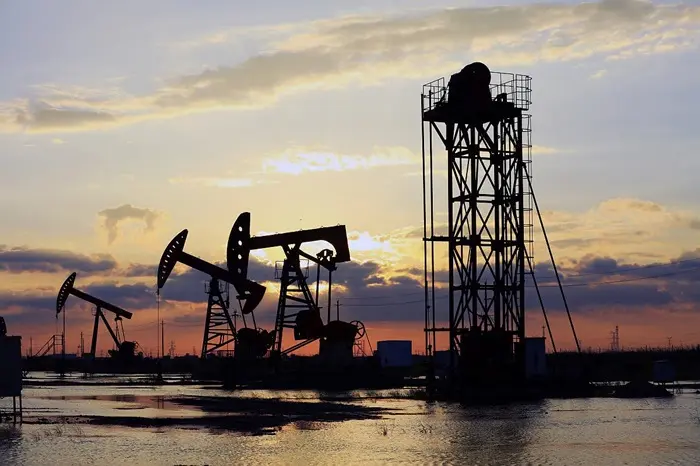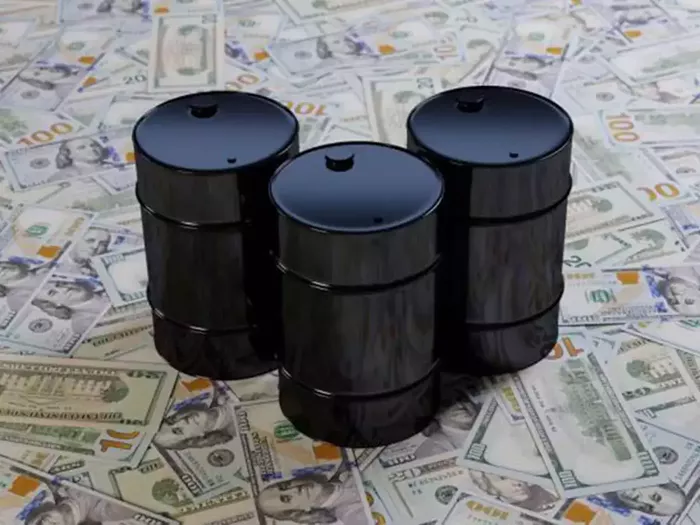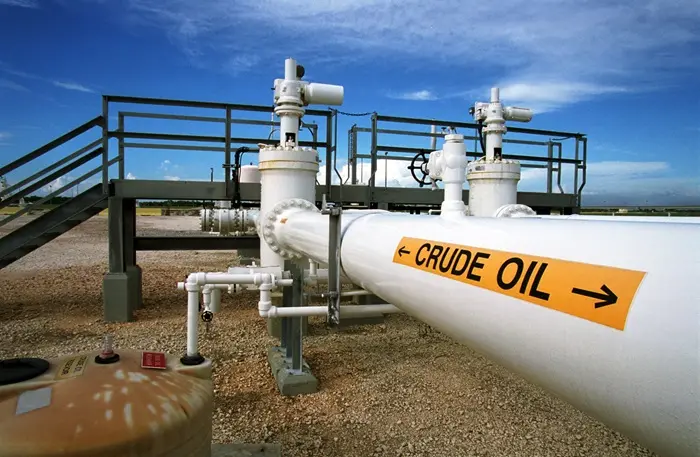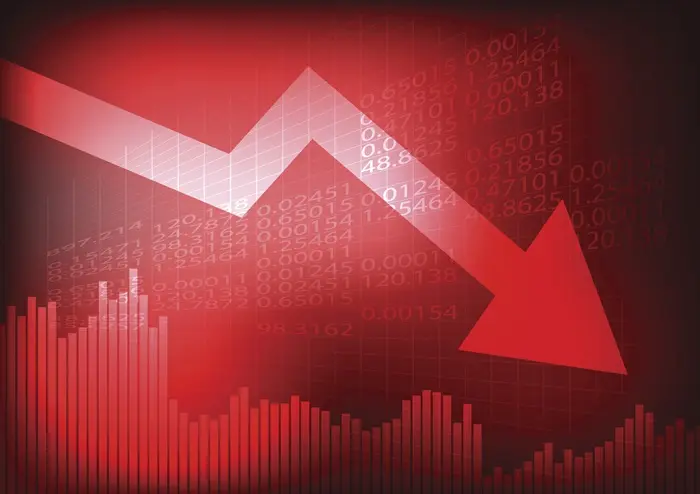Crude oil is one of the most vital resources in the world. It powers economies, fuels vehicles, and is the raw material for countless products. However, as global demand rises and reserves deplete, the question of when crude oil will run out becomes increasingly important. This article aims to explore the factors affecting crude oil depletion, the expected timeline for its availability, and the implications for the economy and environment.
Understanding Crude Oil
What Is Crude Oil?
Crude oil is a natural, unrefined petroleum product composed of hydrocarbon deposits and other organic materials. It is extracted from the Earth and refined into various fuels and chemicals, including gasoline, diesel, and jet fuel. Crude oil is classified into several grades based on its density and sulfur content:
Light Crude Oil: Contains a higher proportion of lighter hydrocarbons, making it easier to refine and generally more valuable.
Heavy Crude Oil: Has a higher density and lower quality, requiring more processing to convert into usable products.
Brent Crude: A major trading classification used as a benchmark for oil prices, primarily sourced from the North Sea.
West Texas Intermediate (WTI): Another benchmark for oil prices, predominantly produced in the United States.
The Importance of Crude Oil
Crude oil plays a crucial role in the global economy. It is essential for:
Energy Production: Oil is a primary energy source for transportation, heating, and electricity generation.
Industrial Applications: It serves as a raw material for manufacturing plastics, fertilizers, and various chemicals.
Economic Stability: Fluctuations in oil prices can significantly impact inflation, currency values, and overall economic health.
Global Oil Reserves
What Are Oil Reserves?
Oil reserves refer to the quantities of crude oil that are recoverable under existing economic and operational conditions. They are classified into three main categories:
Proven Reserves: Oil deposits that are confirmed by geological and engineering data and are economically viable for extraction.
Probable Reserves: Oil deposits that are less certain but are estimated to be recoverable.
Possible Reserves: Oil deposits that have a low probability of being economically recoverable.
Current Estimates of Global Oil Reserves
According to the BP Statistical Review of World Energy 2023, global proven oil reserves are estimated to be around 1.73 trillion barrels. The largest holders of oil reserves are:
- Venezuela: Approximately 300 billion barrels
- Saudi Arabia: Approximately 266 billion barrels
- Canada: Approximately 169 billion barrels
- Iran: Approximately 157 billion barrels
- Iraq: Approximately 146 billion barrels
These figures illustrate that while substantial oil reserves still exist, the distribution is uneven, leading to geopolitical complexities and market volatility.
The Rate of Oil Consumption
Global Oil Consumption Trends
The world consumes approximately 100 million barrels of oil per day. This consumption is driven by various factors, including population growth, economic development, and the proliferation of vehicles. The International Energy Agency (IEA) projects that global oil demand will continue to rise, potentially reaching 105 million barrels per day by 2030.
Factors Influencing Oil Consumption
Several factors influence oil consumption rates:
Economic Growth: Developing countries tend to consume more oil as their economies grow and industrialize.
Technological Advances: Improvements in fuel efficiency and the adoption of electric vehicles may reduce oil consumption in developed countries.
Government Policies: Policies aimed at reducing carbon emissions can lead to decreased reliance on fossil fuels.
Future Projections
As the world transitions to renewable energy sources, oil consumption is expected to plateau or even decline in the long term. However, this shift is gradual, and short-term demand is still likely to rise due to the continued reliance on oil in many sectors.
The Timeline for Oil Depletion
How Long Will Crude Oil Last?
Estimates for how long crude oil reserves will last vary significantly. Factors affecting these estimates include:
Discovery of New Reserves: Ongoing exploration can lead to the discovery of previously unknown reserves, extending the life of oil supplies.
Technological Advancements: Innovations in extraction methods, such as hydraulic fracturing and deep-sea drilling, can make previously inaccessible oil economically viable.
Economic Viability: Changes in oil prices can affect the profitability of extracting oil from certain reserves.
Estimates by Experts
Various organizations and experts provide differing estimates for when crude oil might run out:
U.S. Geological Survey (USGS): The USGS estimates that there are enough recoverable oil reserves to last for at least another 50 to 70 years at current consumption rates.
BP’s Energy Outlook: BP’s report suggests that under current trends, crude oil demand may peak around 2030, with significant reserves remaining for decades beyond that point.
International Energy Agency (IEA): The IEA anticipates that without significant technological advances or changes in consumption patterns, proven reserves could last until around 2050.
Scenario Analysis
Business as Usual: If current consumption rates continue, estimates suggest that proven reserves may last until around 2050.
Rapid Transition to Renewables: If the world significantly accelerates the shift to renewable energy, oil demand may decrease, allowing existing reserves to last longer.
Economic and Geopolitical Factors: Unforeseen events, such as conflicts or economic downturns, could also impact consumption and the lifespan of oil reserves.
See Also: What Exchange is Crude Oil Traded On?
Implications of Oil Depletion
Economic Consequences
The depletion of crude oil reserves will have significant economic ramifications:
Increased Prices: As reserves dwindle, oil prices are likely to rise due to supply constraints, affecting consumers and businesses.
Economic Instability: Economies heavily reliant on oil revenues may face challenges if their oil supplies diminish.
Investment Shifts: Investors may need to reconsider their portfolios as the oil industry evolves and renewable energy sources become more prominent.
Environmental Impact
The environmental implications of oil depletion are also critical:
Climate Change: Continued reliance on fossil fuels contributes to climate change, making the transition to renewable energy sources essential.
Ecosystem Disruption: Oil extraction can lead to habitat destruction, pollution, and other environmental challenges.
Renewable Energy Development: The potential depletion of oil reserves may drive innovation and investment in renewable energy technologies.
Preparing for the Future
Transitioning to Renewable Energy
Investment in Alternatives: Governments and businesses should prioritize investments in renewable energy sources such as solar, wind, and hydroelectric power.
Energy Efficiency: Improving energy efficiency in transportation, industry, and residential sectors can help reduce oil dependency.
Policy Initiatives: Policymakers must create frameworks to encourage the development and adoption of renewable technologies.
Diversifying Energy Sources
To mitigate the impacts of oil depletion, diversifying energy sources is essential. This can include:
Nuclear Power: Investing in nuclear energy as a stable and low-carbon energy source.
Biofuels: Exploring biofuels as an alternative to fossil fuels for transportation.
Electric Vehicles: Promoting the adoption of electric vehicles to reduce oil consumption.
Conclusion
While crude oil remains a crucial resource for the global economy, its finite nature raises important questions about future availability. Estimates suggest that proven reserves could last until around 2050, depending on various factors such as consumption rates, technological advancements, and geopolitical dynamics.
The implications of oil depletion extend beyond economics; they impact the environment and necessitate a transition to renewable energy sources. As the world faces the reality of dwindling oil reserves, proactive measures must be taken to ensure a sustainable energy future.
In summary, understanding when crude oil is expected to run out is vital for consumers, businesses, and policymakers. By embracing innovation, investing in renewable energy, and diversifying energy sources, society can navigate the challenges posed by the depletion of crude oil while paving the way for a more sustainable future.
Related topics:

